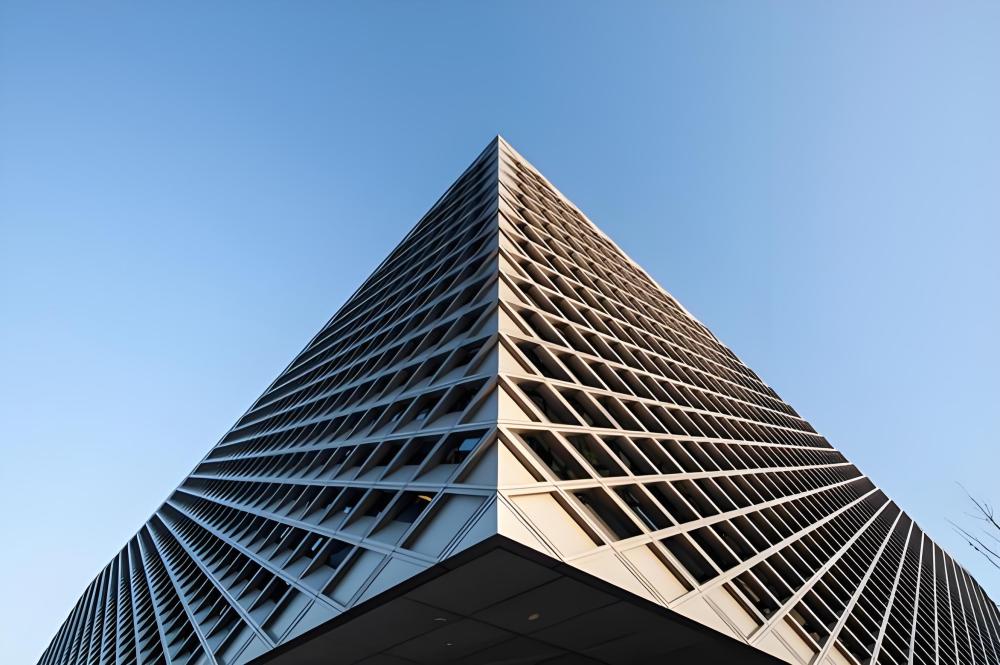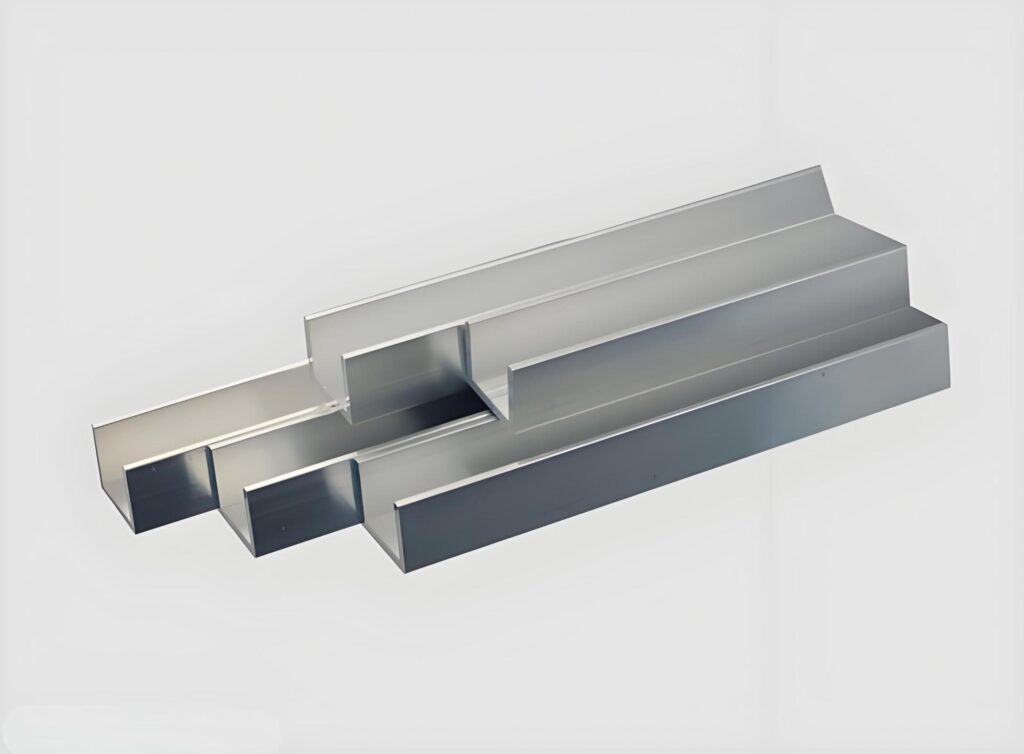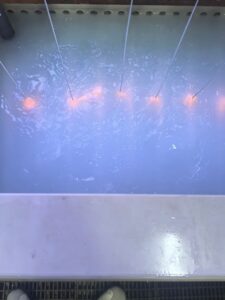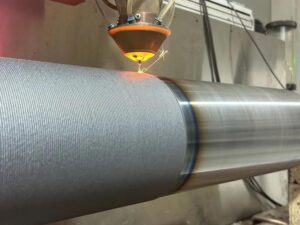What is 6063 Aluminum?
6063 aluminum is an aluminum-magnesium-silicon alloy primarily used in architectural applications due to its high corrosion resistance, good surface finish, and excellent extrudability. Designated as an “architectural alloy,” 6063 is part of the 6000 series of aluminum alloys, known for their medium strength and excellent formability.
In its tempered form, typically 6063-T5 or 6063-T6, it provides enhanced mechanical performance while maintaining its corrosion resistance and surface finish properties. The alloy is widely used in structural framing, window frames, tubing, and other applications where visual appearance and a smooth finish are important.
One reason for the popularity of 6063 aluminum in machining is its excellent machinability after heat treatment. While it may not be the strongest aluminum alloy available, it offers a well-rounded performance profile that meets the needs of many industries, especially those requiring lightweight yet strong components.
Chemical Composition of Aluminum Alloy 6063
Understanding the chemical makeup of 6063 aluminum helps explain its desirable characteristics. This alloy is predominantly composed of aluminum, but it also contains other elements in controlled amounts to achieve specific properties.
Standard Chemical Composition (% by weight):
- Aluminum (Al): 97.5% – 99%
- Magnesium (Mg): 0.45% – 0.9%
- Silicon (Si): 0.2% – 0.6%
- Iron (Fe): Max 0.35%
- Copper (Cu): Max 0.1%
- Manganese (Mn): Max 0.1%
- Chromium (Cr): Max 0.1%
- Zinc (Zn): Max 0.1%
- Titanium (Ti): Max 0.1%
This well-balanced chemical structure is critical in providing corrosion resistance, strength, and flexibility in fabrication. The magnesium and silicon work together to form magnesium silicide (Mg2Si), which plays a key role in the alloy’s strength after heat treatment.
Properties of 6063 Aluminum
6063 aluminum alloy’s combination of physical and mechanical properties makes it ideal for a range of applications. Below are the key characteristics that define its performance.
Mechanical Properties
The mechanical properties of 6063 aluminum can vary depending on the temper (i.e., the heat treatment state), but typical values for the common tempers are as follows:
6063-T5:
- Tensile Strength: 140 MPa (20,000 psi)
- Yield Strength: 97 MPa (14,000 psi)
- Elongation at Break: 8% (in 50 mm)
6063-T6:
- Tensile Strength: 205 MPa (30,000 psi)
- Yield Strength: 180 MPa (26,000 psi)
- Elongation at Break: 10%
The T6 temper, which involves solution heat treatment and artificial aging, offers higher strength compared to the T5 temper. However, the T5 variant retains better extrudability and surface finish.
Physical Properties
6063 aluminum also offers favorable physical characteristics that contribute to its popularity in industrial applications:
- Density: 2.7 g/cm³
- Melting Point: 615°C – 655°C
- Thermal Conductivity: 201 W/m·K
- Electrical Conductivity: 53% IACS
- Coefficient of Thermal Expansion: 23.5 µm/m·K
These values make it suitable for applications requiring good thermal management, such as in heat exchangers and LED housings.
What is 6063 Aluminum Used For?

6063 aluminum’s unique blend of properties makes it a favorite in a wide array of industries. Below are some of the key application areas:
Architectural Applications
6063 is often referred to as the “architectural alloy” due to its superb surface finish. Common uses include:
- Window frames
- Door frames
- Curtain walls
- Roofing systems
- Handrails
- Trim
The alloy’s ability to accept anodizing and powder coatings makes it ideal for visible structures where appearance matters.
Construction and Infrastructure
Its corrosion resistance and lightweight nature make it suitable for:
- Bridge railings
- Piping systems
- Support beams
- Scaffolding
Transportation
6063 aluminum is also used in automotive and aerospace industries, though not typically for structural components. Common uses include:
- Roof rails
- Luggage racks
- Bicycle frames
- Trailer panels
Electrical and Thermal Systems
Thanks to its good conductivity and heat dissipation, it finds a home in:
- LED lighting components
- Heat sinks
- Radiator tubing
- HVAC equipment
Industrial Machining and Custom Parts
6063’s machinability and uniformity make it ideal for:
- Custom-machined components
- Fixtures and jigs
- Hydraulic tubing
- Telescoping poles
The Limitations of 6063 Aluminum Alloy
While 6063 aluminum is highly versatile, it is not without its limitations. Understanding these constraints is crucial for selecting the right material for a given application:
- Lower Strength Compared to Other Alloys: Compared to alloys like 6061 or 7075, 6063 aluminum has lower tensile and yield strength, making it less suitable for high-stress applications, such as heavy machinery or aerospace components requiring maximum durability.
- Not Ideal for High-Load Structural Applications: Due to its moderate strength, 6063 is not typically used in applications where extreme structural integrity is required, such as bridges or heavy-duty frameworks.
- Welding Challenges: While 6063 aluminum can be welded using techniques like MIG or TIG, its weldability is not as robust as other alloys. Welded joints may require additional treatment to maintain strength and appearance.
- Limited Fatigue Resistance: The alloy’s fatigue strength is lower than some other aluminum alloys, which may limit its use in applications subject to repeated cyclic loading.
- Cost Considerations: While generally cost-effective, the price of 6063 aluminum can increase with specific tempers or surface treatments, such as anodizing, which may impact project budgets.
Despite these limitations, 6063 aluminum remains a top choice for applications where its strengths—formability, corrosion resistance, and aesthetic appeal—outweigh its weaknesses. For projects requiring higher strength or specialized properties, engineers may consider alternative alloys or complementary materials.
Partner with Precionn for Your 6063 Aluminum Needs
With its balanced characteristics and wide applicability, 6063 aluminum continues to be a staple in modern machining and manufacturing industries. Whether it’s creating sleek architectural elements or precise industrial parts, this alloy offers the flexibility and reliability engineers seek.
At Precionn, we specialize in precision machining of aluminum alloys, including 6063. With years of experience serving international clients, our team ensures top-notch quality and customized solutions tailored to your needs. Whether you require prototyping, small batch production, or high-volume manufacturing, Precionn is your trusted partner for high-precision machining services. Let us help bring your next aluminum-based project to life.




